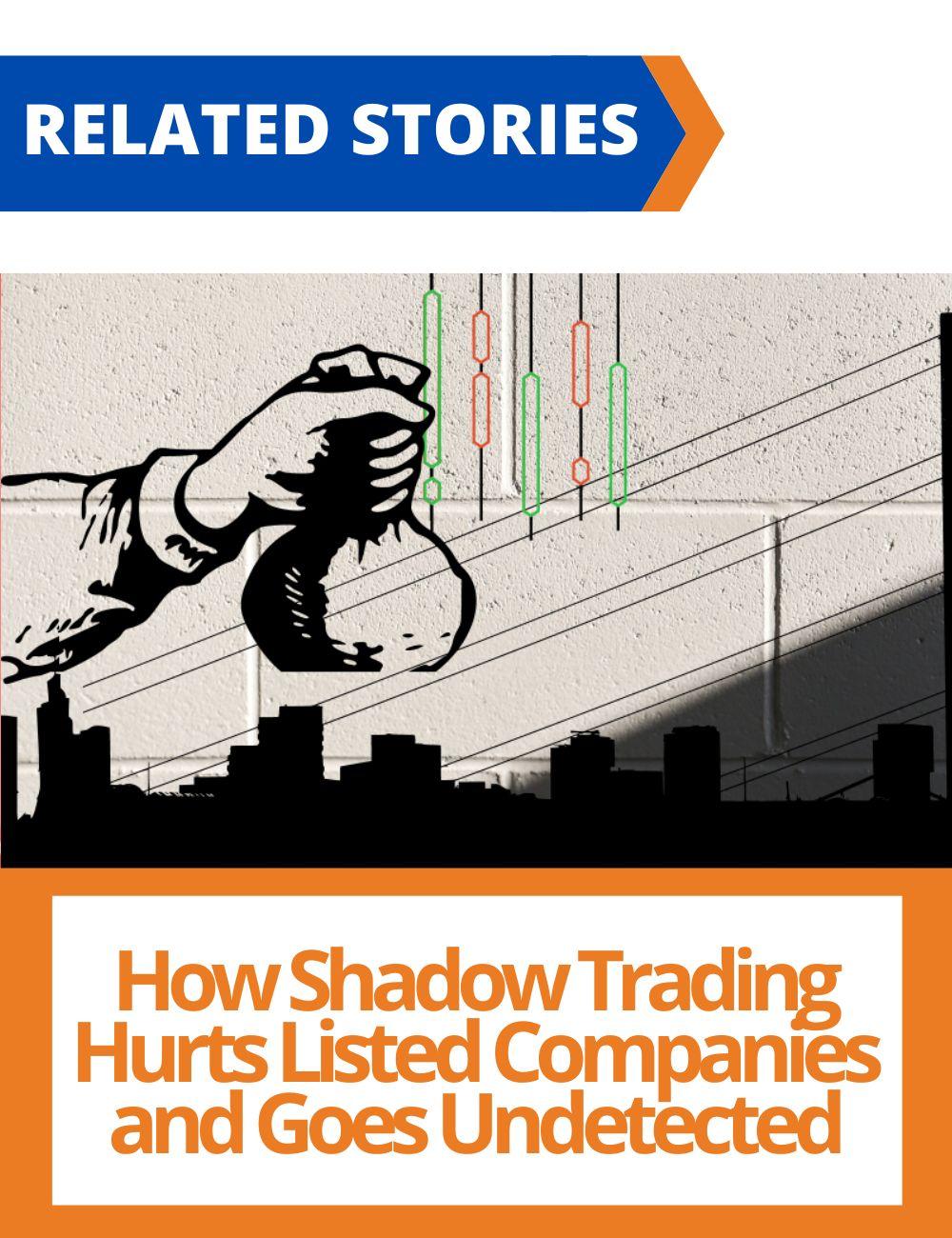
How to Pick a Reliable Analyst
If you are in search of accurate forecasts on a company's earnings and future stock prices, you could do better turning to analysts who have recently disclosed a wide range of forecasts for the same company – not only earnings and price targets, but also cash flow, dividends, book value, capital expenditure, gross margin, operating income, pre-tax income forecasts and so on, according to a new paper by Peter Pope of Bocconi's Department of Accounting and recent Bocconi PhD graduate Tong Wang, now at Barclays plc in London.
The paper deals specifically with that category of professionals known as "sell-side analysts"; the job of a sell-side analyst is to follow a list of companies, all typically in the same industry, and produce regular research reports for clients. As part of that process, the analyst will as a rule build models to project the firm's financial results to come.
The quality of forecasts issued by financial analysts is a crucial element to the way capital markets operate and can be important in determining the portfolio performance of institutional investment managers. Pope and Wang investigate whether there are readily available indicators of an analyst's research quality that can help in deciding whose forecasts to rely on.
Sell-side analysts are highly specialized, since they normally concentrate on very specific sectors or sub-sectors or on a limited number of firms that operate similarly. This is because, understandably, a thorough knowledge of a company's business strategy and competitive environment is essential in order to evaluate market risks and opportunities.



The last two decades have seen a dramatic increase in the frequency with which sell-side analysts report forecasts of financial statement items in addition to earnings per share. They now frequently report forecasts of cash flow, dividends, book value, capital expenditure, gross margin, operating income, pre-tax income and many other financial statement line items. Pope and Wang study the link between the number of forecast types (NFT) provided, the accuracy of EPS and price target forecasts and the profitability of stock recommendations. They argue that more diverse sets of forecasts reflect a deeper understanding of a firm's conditions and are a sign of higher-quality research.
The empirical study was conducted on a comprehensive set of individual analysts' forecasts of 23 different financial statement line items for the years 2001–2020, which means several million data points. The results confirm the predictions – for example the expected difference in earnings forecast accuracy when comparing the maximum NFT analyst and the minimum NFT analyst within each firm-year is 4.9%, and the expected difference in price target forecast accuracy when comparing the maximum NFT analyst and the minimum NFT analyst within each firm-year is 1.9%. The authors also show that higher NFT is associated with better career prospects for the analysts themselves, as the likelihood of a promotion increases in a statistically significant way as the range of different forecasts broadens.
"We find that analysts who provide more forecast types have more accurate earnings forecasts and price target forecasts, more profitable stock recommendations, more influential stock recommendation revisions, and better career outcomes," Peter Pope explains. "Our results indicate that the earnings forecast revisions and the recommendations by analysts who provide higher numbers of forecast types are more successful in predicting future stock returns. Therefore, our study not only suggests that analysts who provide a broader set of forecast types, on average, are more capable or more diligent and deliver superior research performance. Our out-of-sample results suggest that modelling big data from sell-side analysts holistically can be useful to the "quants" (quantitative investors)."
Peter Pope, Tong Wang, "Analyst ability and research effort: non-EPS forecast provision as a research quality signal", Review of Accounting Studies, 11 September 2023, https://doi.org/10.1007/s11142-023-09791-8